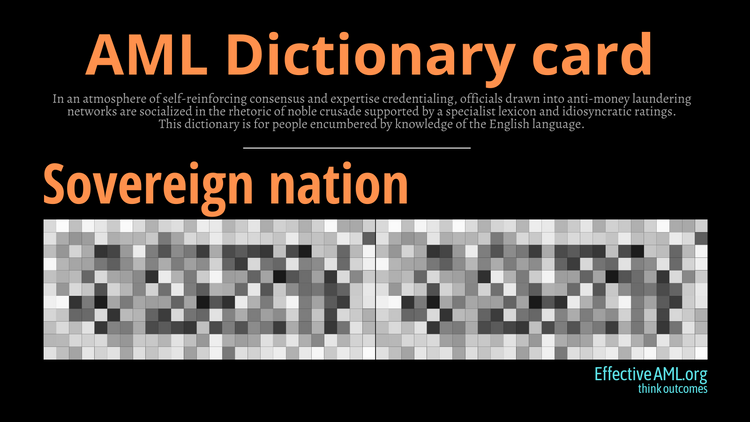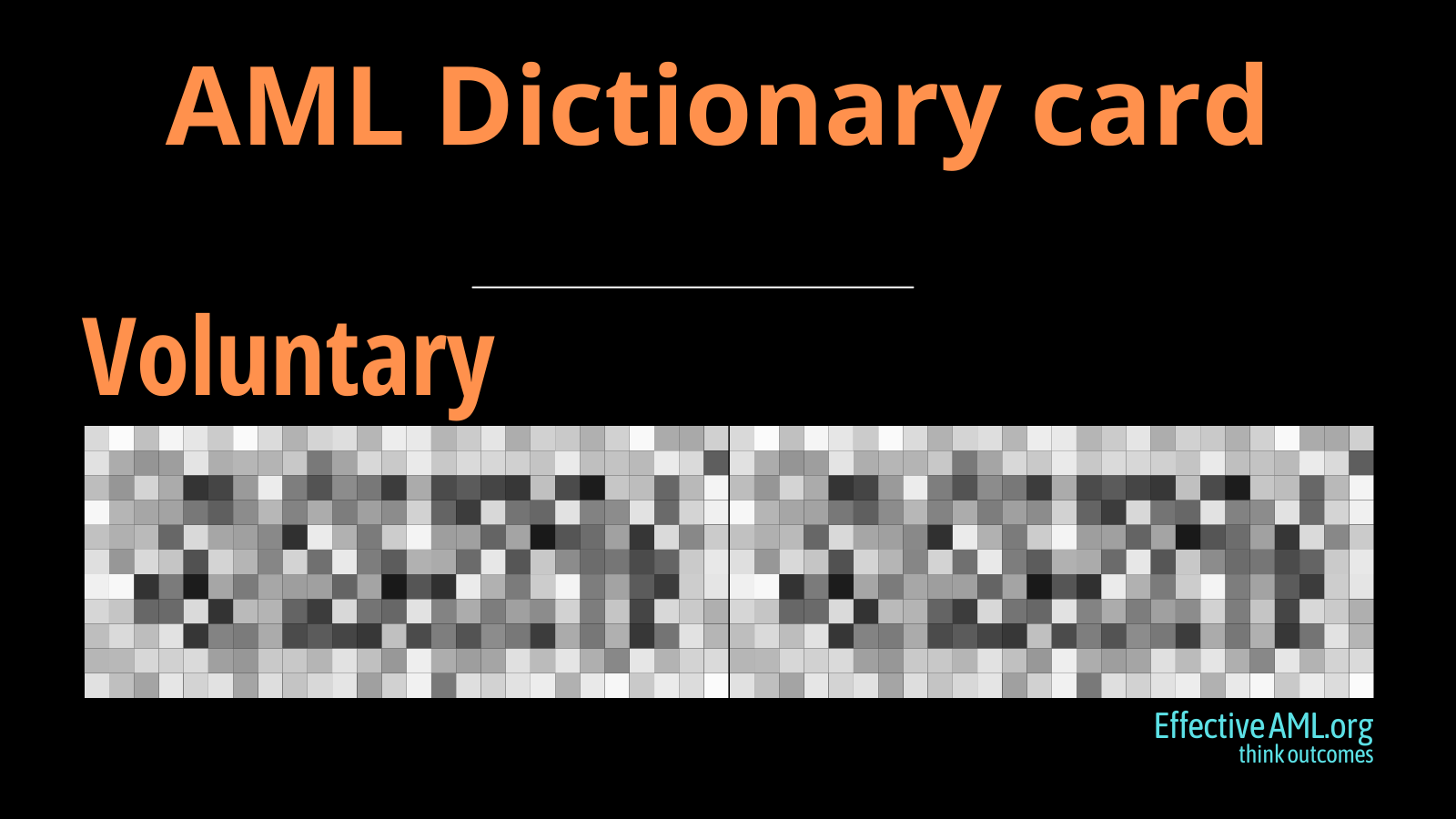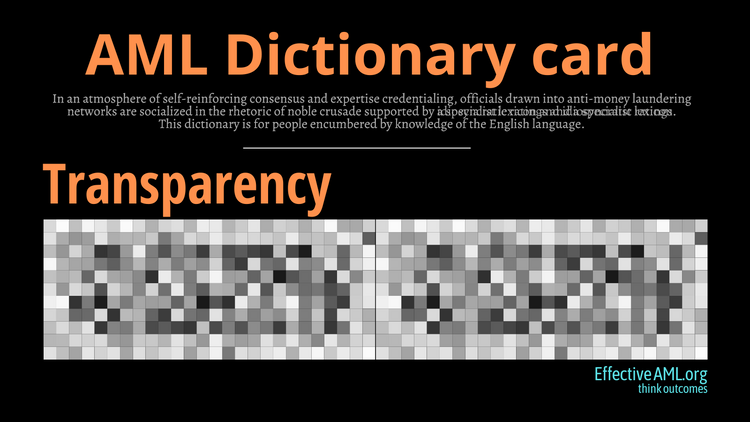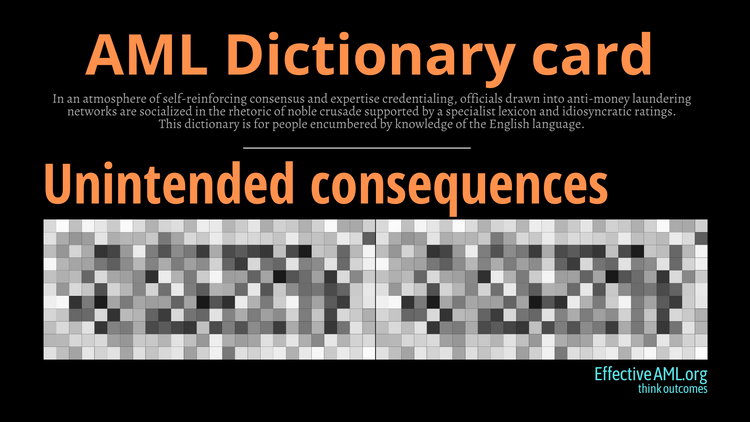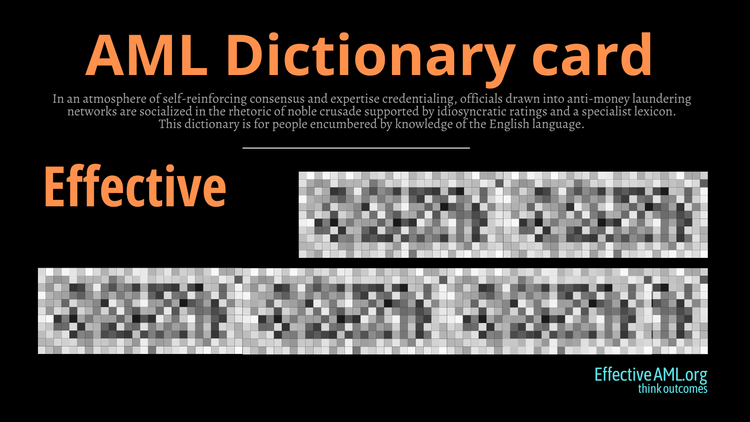“Academics think (Theory), Practitioners do (Reality)”

I am sometimes called an academic.
Not in a positive way.
While the label might be inaccurate, and frequently detrimental to understanding, it is often – as far as I can tell – relatively benign, part of a deep-seated need to pigeonhole people and “place” their presumed perspective, rather than test new ideas and concepts solely by their strengths and weaknesses.
Frequently, however – especially in group situations – it is deployed as a pre-emptive strike against ideas perceived as not fitting the norms of a social group. Rather than discuss findings, observations, and concepts on their merits, this form of “othering” deeply influences how people and ideas are perceived and treated. Creating an “us-them” dynamic and “cancel” culture diminishes ideas labeled as out-group thinking and artificially raises the perceived value of in-group thinking.
Indeed, it is such a powerful force as to override expert status sometimes associated with academia, keying directly into perceptions that academics deal with theory, and that practitioners, at the coalface, deal with the cold, hard reality of empirical evidence to crush crime.
Sometimes, however, the reverse may be true. As outlined here...

